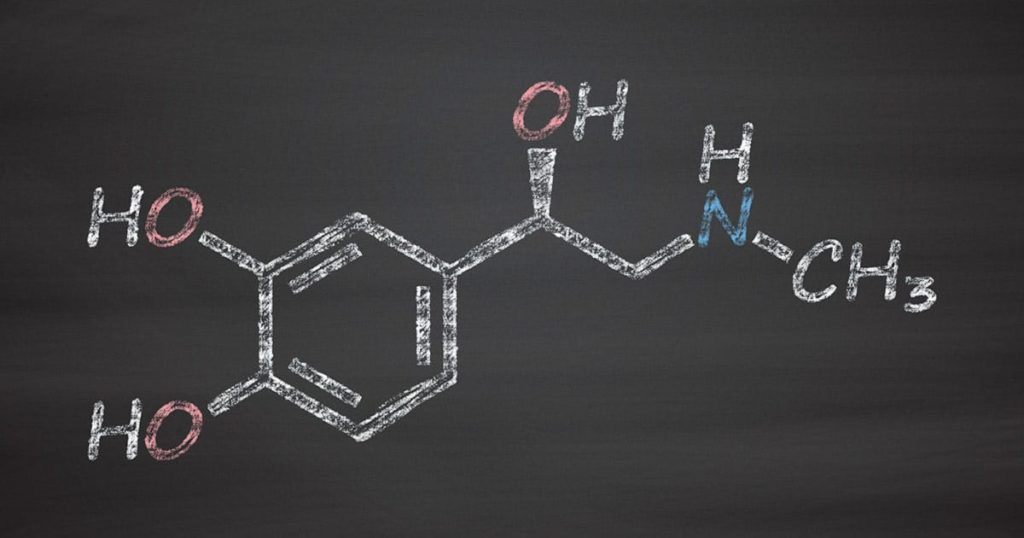By Rai Cornell There are several negative effects of adrenaline, which include both physical and emotional symptoms. Adrenaline is a hormone that is released by the adrenal glands in response to fear, anxiety, anger and excitement. Adrenaline may also be released in response to certain drugs or mental health conditions such as post-traumatic stress disorder.
When Is Adrenaline Released?
Adrenaline is released when the body enters the fight-or-flight response. Unfortunately, some people are triggered to release adrenaline even when there is no realistic cause for fear or excitement. For example, people with anxiety disorders and post-traumatic stress disorder may experience a surge of adrenaline when they are reminded of something that has happened in the past or an everyday situation that provokes fear (such as public speaking, going out in public or facing confrontation). When this happens multiple times per day or even several times per week, it can have serious negative effects on the body and mind.
Negative Effects of Adrenaline
When adrenaline is released, it signals the brain to redirect energy and blood from the internal organs to the muscles to prepare to fight or flee. Adrenaline causes an increased heart rate, high blood pressure and rapid, shallow respiration. The body temperature will increase and cause sweating. The mind will focus and enter into survival mode, which can be terrifying if there is no real danger present. When there’s danger, these symptoms can be life-saving; but when they happen repeatedly and there is too much adrenaline for no practical reason, they can cause a weakened immune system, peptic ulcers, cardiovascular disorders and even DNA damage. Stress-induced DNA damage can lead to premature aging, the promotion of tumor growth, miscarriages in women and psychiatric conditions such as depression and exacerbated anxiety.
Returning to Baseline
In order to reduce the negative effects of adrenaline and return to a calm baseline, it’s important to develop healthy coping skills that can be used anywhere. Research has shown that relaxation techniques can combat the negative effects of adrenaline, especially in individuals with anxiety disorders and anger problems. Relaxation techniques can also protect against high blood pressure, heart disease, insomnia and depression. When an adrenaline spike hits, begin taking deep breaths. Focus on keeping the rhythm of your breathing consistent rather than holding your breath or trying to take longer breaths. Another beneficial technique is progressive relaxation. Begin by focusing on your toes and relaxing them completely. Do the same for your feet, your calves, your knees, your thighs and so on all the way up to your face, making sure to relax each body part before moving on to the next. Adrenaline surges can be terrifying and can have serious long-term effects if not managed properly. If you are struggling with repeated adrenaline surges, talk to your doctor to rule out any medical conditions. Then consult a mental health professional to learn more about relaxation techniques and stress management. Sources Department of Health & Human Services. (2014). Anger – how it affects people. https://www.betterhealth.vic.gov.au/health/healthyliving/anger-how-it-affects-people Hara, M. R., Kovacs, J. J., Whalen, E. J., Rajagopal, S., Strachan, R. T., Grant, W., Towers, A. J., Williams, B., Lam, C. M., Xiao, K. H., Shenoy, S. K., Gregory, S. G., Ahn, S., Duckett, D. R., & Lefkowitz, R. J. (2011). A stress response pathway regulates DNA damage through beta(2)-adrenoreceptors and beta-arrestin-1. Nature, 477(7364), 349-U129. National Center for Complementary and Integrative Health. (2016). Relaxation Techniques for Health. https://nccih.nih.gov/health/stress/relaxation.htm

